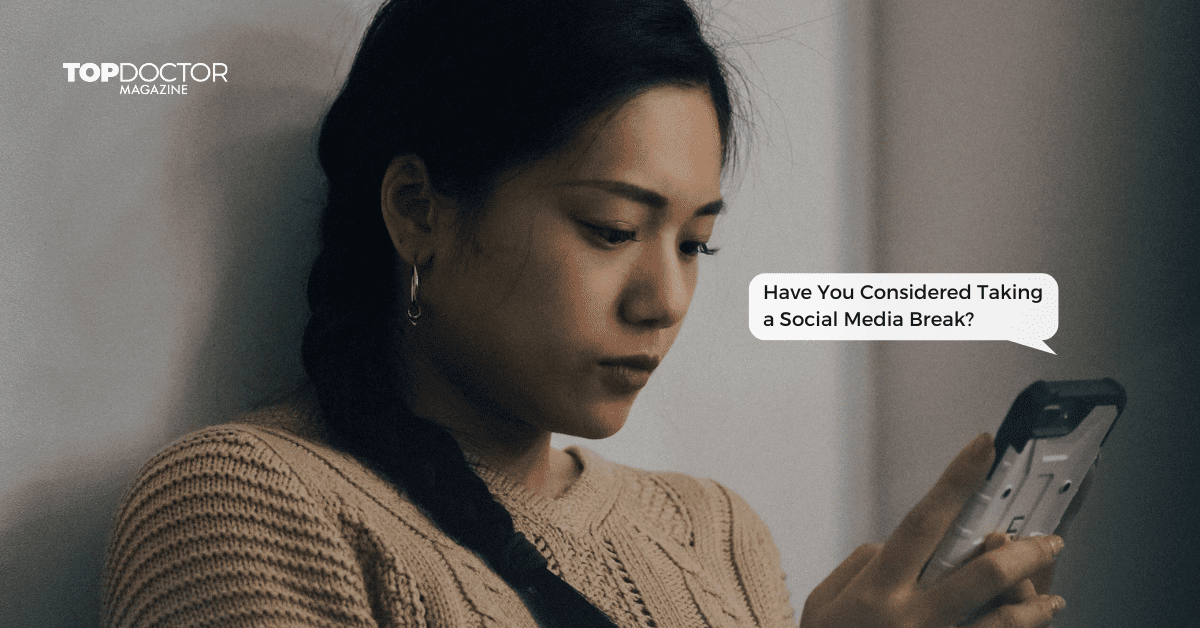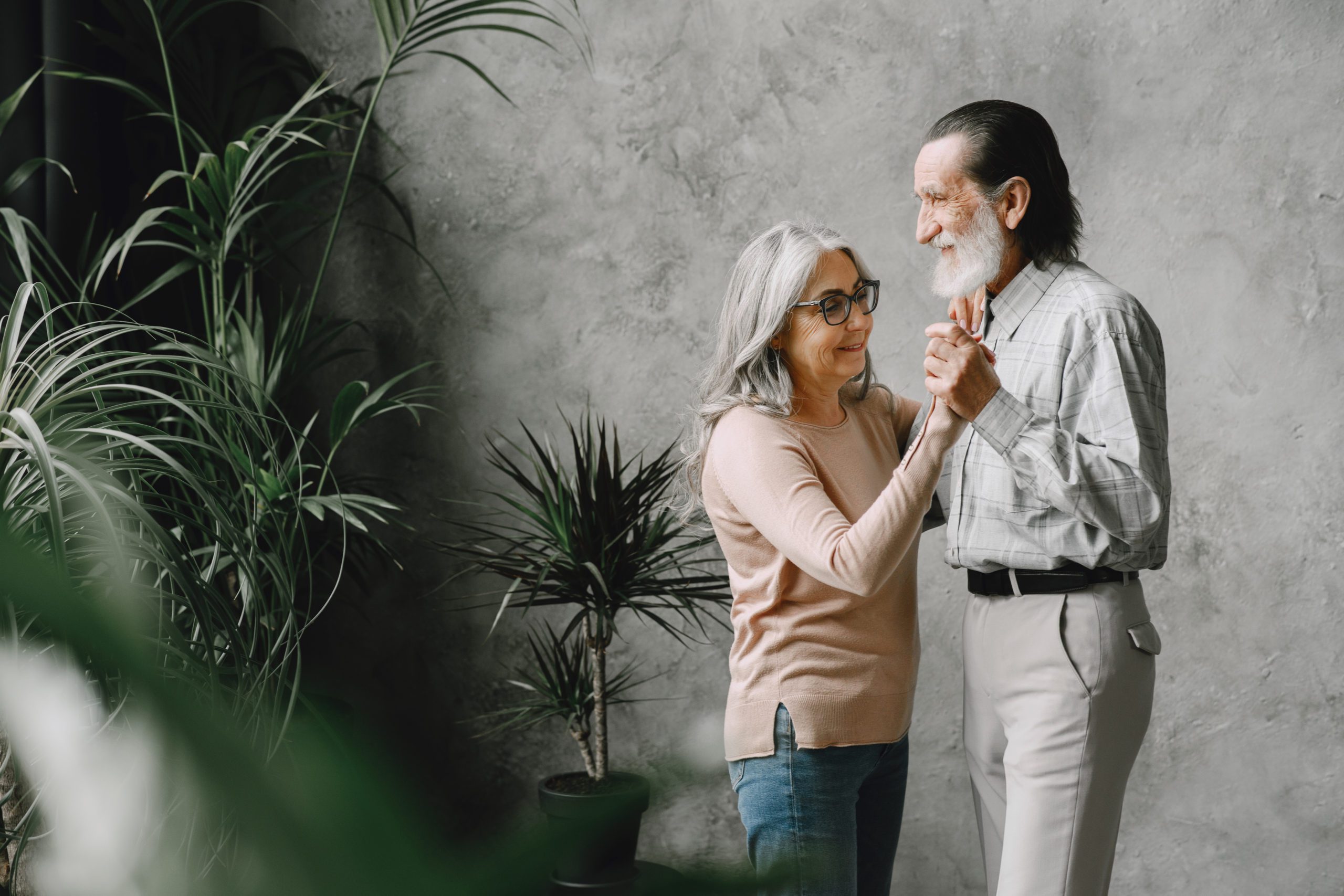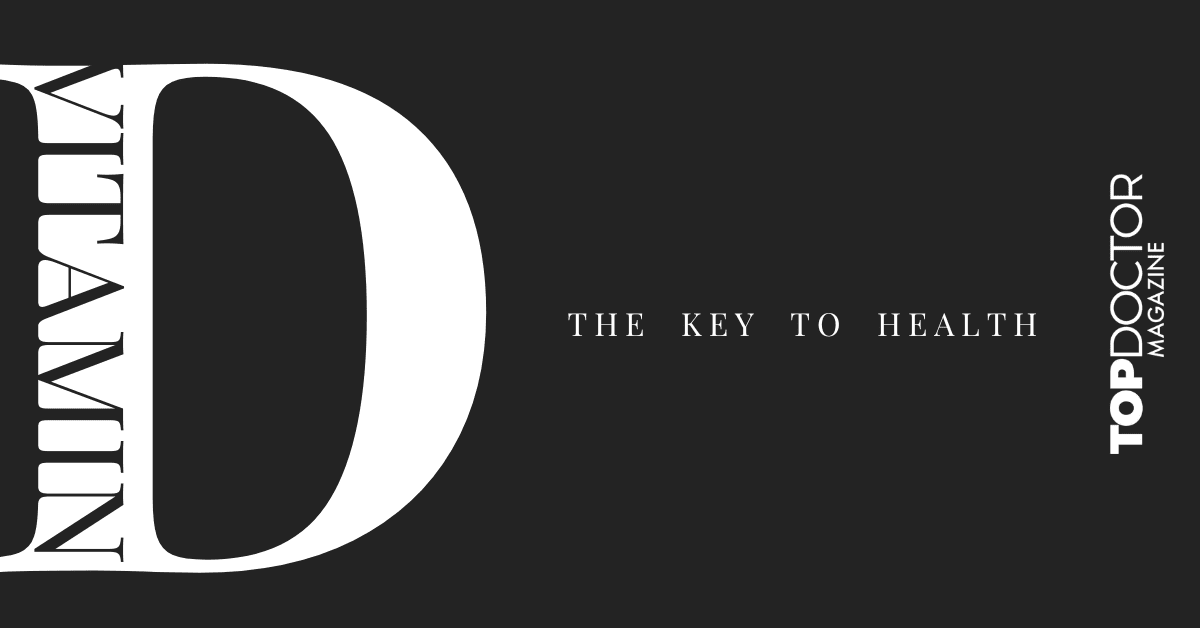Sometimes it’s nice to come home after a long day of work and scroll through social media to see what friends are doing, send siblings funny, relatable memes or just mindlessly scroll to avoid the stress and cares of life.
Unfortunately, whatever the reason for using Twitter, Instagram, Tik Tok and other platforms, social media use can become an addiction when not regulated. Whether it’s getting in the car, sitting in the waiting room or even taking a five-minute scroll through Facebook at work, its use has become prevalent not only among adults and teens but also among children.
Researchers continue to conduct studies to determine any effects this increased use has on humans’ social, mental, physical and emotional health, and the results are startling.
Social Media Use is Increasing
There is no doubt about how wonderful technology is. Tasks that used to take hours now take minutes, friends are a text away and relatable videos provide unlimited entertainment. But these apparent benefits of technological progress can quickly turn into downsides if left unchecked.
Research suggests that the average adult spends about two hours per day scrolling through social media!
Other studies indicate that children are increasingly using social media more than ever. One survey of over 3,000 parents found a 500% increase in screen time use during the pandemic. Much of the screen time use is attributed to social media, especially with the rise of platforms like TikTok. Many experts credit the pandemic with creating a more internet-centric environment as parents struggled to telework and keep their children entertained. Unfortunately, this increased use has had negative consequences on mental health.
The Reported Effects of Social Media Use
There isn’t anything wrong with checking Facebook once in a while, but checking it all the time can be detrimental to overall health. Studies show that increased use of social media can impact self-esteem and negatively affect mental health.
One study conducted in 2015 found that children in the U.K. were twice as likely to report high scores of mental health issues following their use of social media for three or more hours a day. Another study conducted in 2018 showed the link between improved feelings of loneliness and depression and a decreased use of social media.
Even 86% of users themselves reported in 2021 that social media directly negatively impacts their happiness and self-image, and an additional 79 to 83% reported feelings of anxiety, loneliness and depression.
Researchers found that users tend to compare themselves to other people on social media, which negatively impacts self-esteem and mental health.
Social media also affects sleep. One Harvard study indicated exposure to light affects the circadian rhythm, and people who are generally more exposed to light at night are predisposed to health issues such as diabetes or cardiovascular issues. Another study showed that even slight exposure to blue light can slow down the melatonin the body releases to prepare for sleep. This is why experts recommend turning off electronics at least three hours before sleeping.
How to Take a Social Media Break
How does one go about unplugging from social media? Here are some practical steps to take in order to decrease screen time:
Set Limits by Tracking Social Media Time
Social media platforms have built-in features that allow users to control the amount of time they spend online. For example, Instagram allows users to limit the time spent on the platform. Additionally, many phones can track screen time use across different platforms to help users responsibly spend their time on social media.
Turn Off Notifications
Sometimes it’s challenging to keep from checking out the latest meme sent through Instagram or the latest Facebook notification. After checking just once, it’s easy to get lost mindlessly scrolling and looking at updated statuses. Turning off social media notifications will help eliminate distractions.
Set Boundaries
Set times and places as “social media-free zones.” For example, put the phone as far away from the bed as possible or out of reach during meals. If the phone is away from the bed, it can’t negatively impact sleep. Additionally, taking days off or even weeks off of social media allows for more in-person socialization or engagement in different tasks and hobbies.
Delete Social Media Apps
This sounds a bit drastic, but deleting your social media apps is a great way to eliminate a distraction from an easily accessible object—a phone. So, either unplug from social media entirely or just check updates on your home computer.
A Parting Reminder
Even though it’s fun to scroll through Twitter or Facebook, it’s important to take social media breaks to refocus and prioritize health and real life. Social media isn’t intrinsically bad, but it can produce unhealthy self-esteem and image issues, as well as take a toll on physical health. Limiting the time spent on these apps or cutting them entirely will help reduce or eliminate the risk of these issues and allow time to sit back and enjoy the life in front of you.






0 Comments